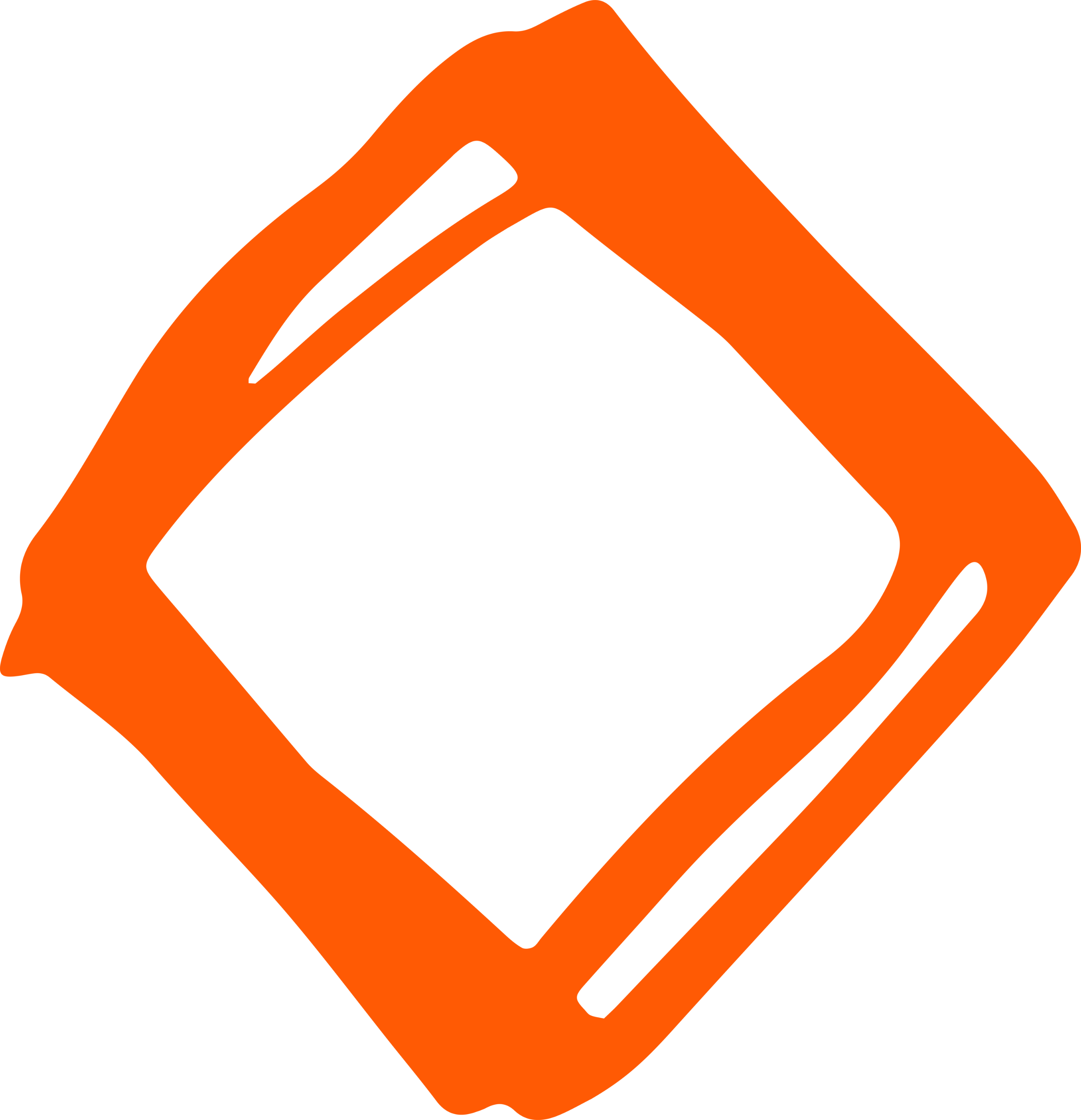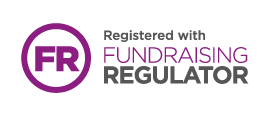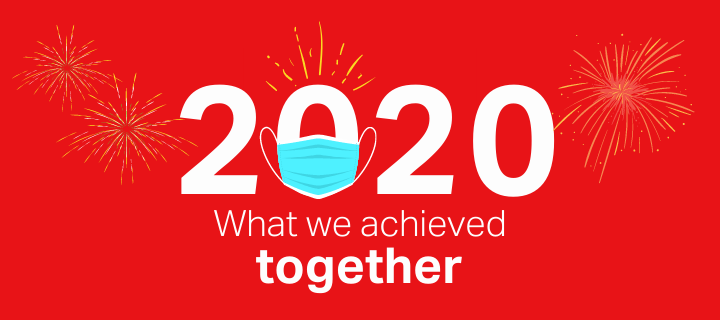
SURVIVORS AT THE CENTRE
Our frontline workers continued to offer face-to-face support for survivors right through lockdown, complementing this with remote support too. We introduced social and wellbeing groups to help people cope with isolation and helped survivors with technology crash courses so they could stay connected during lockdown. Your generous donations enabled us to decorate our safehouses, re-carpeting the women’s project and painting the men’s safehouse.
COVID-19 CRISIS APPEAL
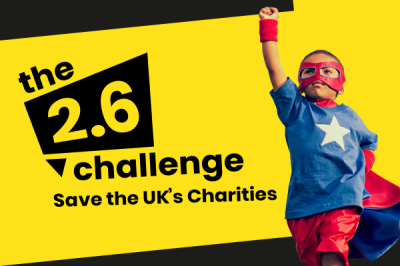
When the country went into lockdown in March, all our upcoming fundraising events were cancelled, leaving a six-figure hole in our budget. You rallied round to support our appeal, and this ensured we maintained 24-hour cover on our Helpline and frontline services.
MAKING THE HEADLINES
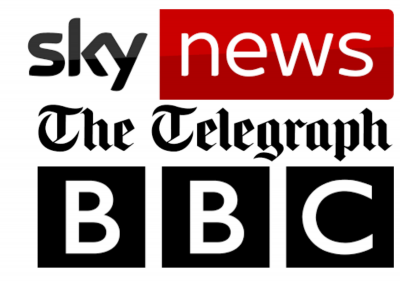
The nail bars and car washes that are typically associated with exploitation were closed during lockdown #1 – but that’s not to say that modern slavery stopped. The scandal of Boohoo in Leicester, for example, showed labour abuse continuing in spite of the lockdown. Our spokespeople ensured the issue stayed in the media throughout the pandemic, from appearances on local radio and Sky TV news, to articles in the Telegraph and specialist press.
SETTING THE AGENDA
The data and insights we gather from our Modern Slavery & Exploitation Helpline are invaluable in shaping the anti-slavery sector’s approach to exploitation – and our work in 2020 was no exception.
During the pandemic we reported on key sector movements and provided insights to inform prevention activities. For example, in 2019 the Helpline had identified the emergence of financial exploitation outside the workplace – essentially a new way of targeting individuals who are working for a legitimate business by taking control of their bank account and stopping them getting hold of their wages.
By 2020 (thanks to our training, Business Portal, regular reports and various partnerships), businesses and the anti-slavery sector as a whole were more aware of the issue and taking steps to address it.
Our Covid-19 report (pdf), published in October 2020, gave an early insight into the impact of the pandemic on victims of exploitation.
GOLD STANDARD TRAINING

Unseen’s unique training is regularly updated to include new and emerging modern slavery trends and vulnerabilities, such as targeted financial exploitation, the signs to spot to raise awareness, and how to safely report and prevent it from happening to others.
When Covid-19 first hit we worked quickly to move all our training content online so we could continue to educate statutory agencies, businesses and community groups about the risks of modern slavery.
BRINGING MORE BUSINESS ON BOARD
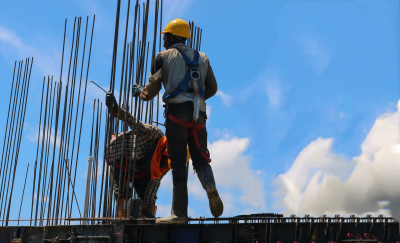
We continued growing the number of companies we work with across all sectors to strengthen their approach to modern slavery. Getting more companies behind our work not only means we’re better able to tackle exploitation in these businesses and their supply chains, but helps raise awareness of the extent of modern slavery in our society. Our partners now include household names such as Marks & Spencer, Tesco, British Land, John Lewis, Nationwide and BT. Find out more about how we’re working with business.
ANTI-SLAVERY CAMPAIGNING
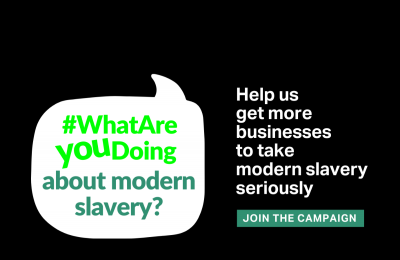
Our #WhatAreYouDoing? campaign highlighted the fact that more than 3,700 of the UK’s biggest businesses still do not have modern slavery statements, even though they are obliged to by law. These statements describe a company’s approach to forced labour and other forms of exploitation, including how they are working to reduce risks in their operations. The campaign encouraged our supporters to contact businesses via social media, asking them what they were doing about modern slavery, and in some cases challenging them to do more. Thanks to your efforts, companies such as banking giants HSBC and supermarket Sainsbury’s shared their approach to modern slavery on social media, helping highlight the issue far and wide.
CHILDREN’S REPORT MAKES WAVES
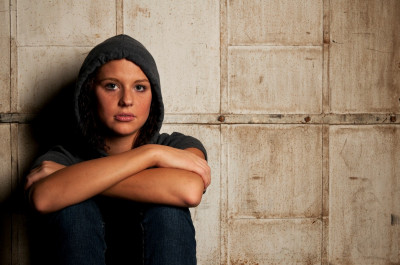
Our evaluation report (pdf) on Unseen’s children’s safehouse project critiqued the current provision for child victims of trafficking in the UK. We argued that failings in the care system, poor training, reduction in resources and long-term lack of investment are contributing to a shocking number of trafficked children disappearing from care. Importantly, the report made waves in the right places, with the Children’s Commissioner’s office congratulating us on its publication and describing it as “excellent”.
These are just some of the things we achieved together to end modern slavery. Thanks for all your support in 2020 – and here’s to more success together in 2021.

